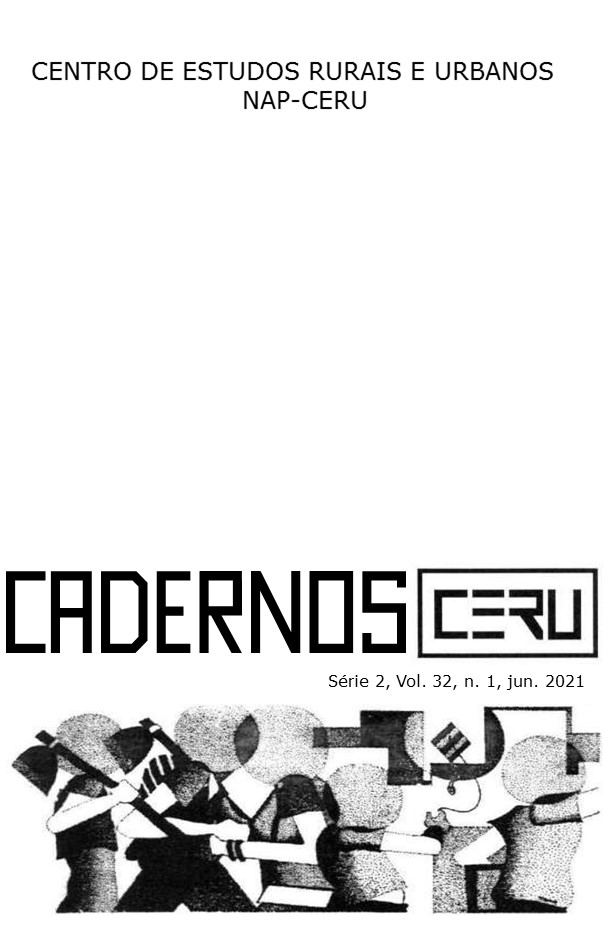Comprensión, distanciamiento e intervención: desafíos metodológicos en una investigación sobre migración y educación
DOI:
https://doi.org/10.11606/issn.2595-2536.v32i1p127-138Palavras-chave:
Metodología, Enfoque etnográfico, Reflexividad, Distanciamiento, IntervenciónResumo
En este artículo sistematizo algunas reflexiones metodológicas a partir de un a investigación de corte cualitativo etnográfico en el campo de la migración y la educación. Advierto la importancia de la continuidad del trabajo y la permanencia en el territorio para acceder a las experiencias de los distintos actores y a los sentidos locales de categorías que en mi caso resultan nodales (descendientes, segunda generación, seguir siendo bolivianos, ser alguien). Me detengo a continuación en las potencialidades de la etnografia para comprender y a la vez tomar distancia de esos significados. Para finalizar reflexiono sobre las potencialidades y riesgos de la complementación de actividades más tradicionales asociadas a la investigación cualitativa (observación, entrevistas, reconstrucción de trayectorias biográficas) con experiencias de intervención que he venido sosteniendo en la localidad: talleres en escuelas, acompañamiento de proyectos de alfabetización, participación en radios comunitárias.
Downloads
Referências
ACHILI. Elena. Investigar en antropología social. Los desafíos de transmitir un oficio, Rosario, Argentina: Laborde Editor, 2015
ARNOLD, Denise, y YAPITA DE DIOS, Juan. Elrincón del as cabezas. Luchas textual es, educación y tierras en los Andes. La Paz, Bolivia: Universidad Mayor den San Andrés, ILCA, 2005.
AMES, Patricia. Niños y niñas andinos en el Perú: crecer en un mundo de relaciones y responsabilidades. Bulletin de l'Institut français d'études andines. Francia, v.42, n. 3, 389-409, 2013.
BALBI, Fernando. La inversión de la teoría en la etnografía en antropología social. Revista del Museo de Antropología, Córdoba, Argentina, v. 13, n° 2, p. 203-214, 2020.
BARTOLOMÉ, Miguel. En defensa de la etnografía: aspectos contemporáneos de la investigación intercultural. Anuário Antropológico, V. 28, N° 1, p. 29–60, 2003.
FALS BORDA, O. [et al.] Acción y conocimiento, cómo romper el monopolio con investigación - acción participativa; traducción Raquel González. Bogotá: Cinep, 1991.
GARCIA AMILBURO, Maria. La comprensión del otro. ¿Empatía o traducción? Emociones Themata, N° 25, p. 209-215, 2000.
GEERTZ, Clifford, La interpretación de las culturas. Barcelona: Gedisa, 1990.
GEERTZ, Clifflord. Conocimiento local. Ensayos sobre la interpretación de las culturas. Barcelona: Paidos, 1994.
GUBER, R. La etnografía, Método, campo y reflexividad. Buenos Aires: Ed. Norma, 2001.
LAHIRE, Bernard. El espíritu sociológico. Buenos Aires: Manantial, 2006.
NOVARO, Gabriela. “Ellos llevan a Bolivia en la sangre”. Transmisión intergeneracional en contextos de migración y pobreza. Horizontes Sociológicos. Buenos Aires, n° 6, p.37-53, 2015.
RAPPAPORT, J. Más allá de la escritura: La epistemología de la etnografía en colaboración. Revista colombiana de antropología, v 43, p. 197-229, 2007.
ROCKWELL, Elsie. La escuela cotidiana. Fondo de Cultura Económica: México, 1995.
SEGATO, R. (2013). La críticade la colonialidad en ocho ensayos y una antropología por demanda. Ciudad Autónoma de Buenos Aires: Prometeo Libros, 2013.
Downloads
Publicado
Edição
Seção
Licença

Este trabalho está licenciado sob uma licença Creative Commons Attribution-NonCommercial-ShareAlike 4.0 International License.


